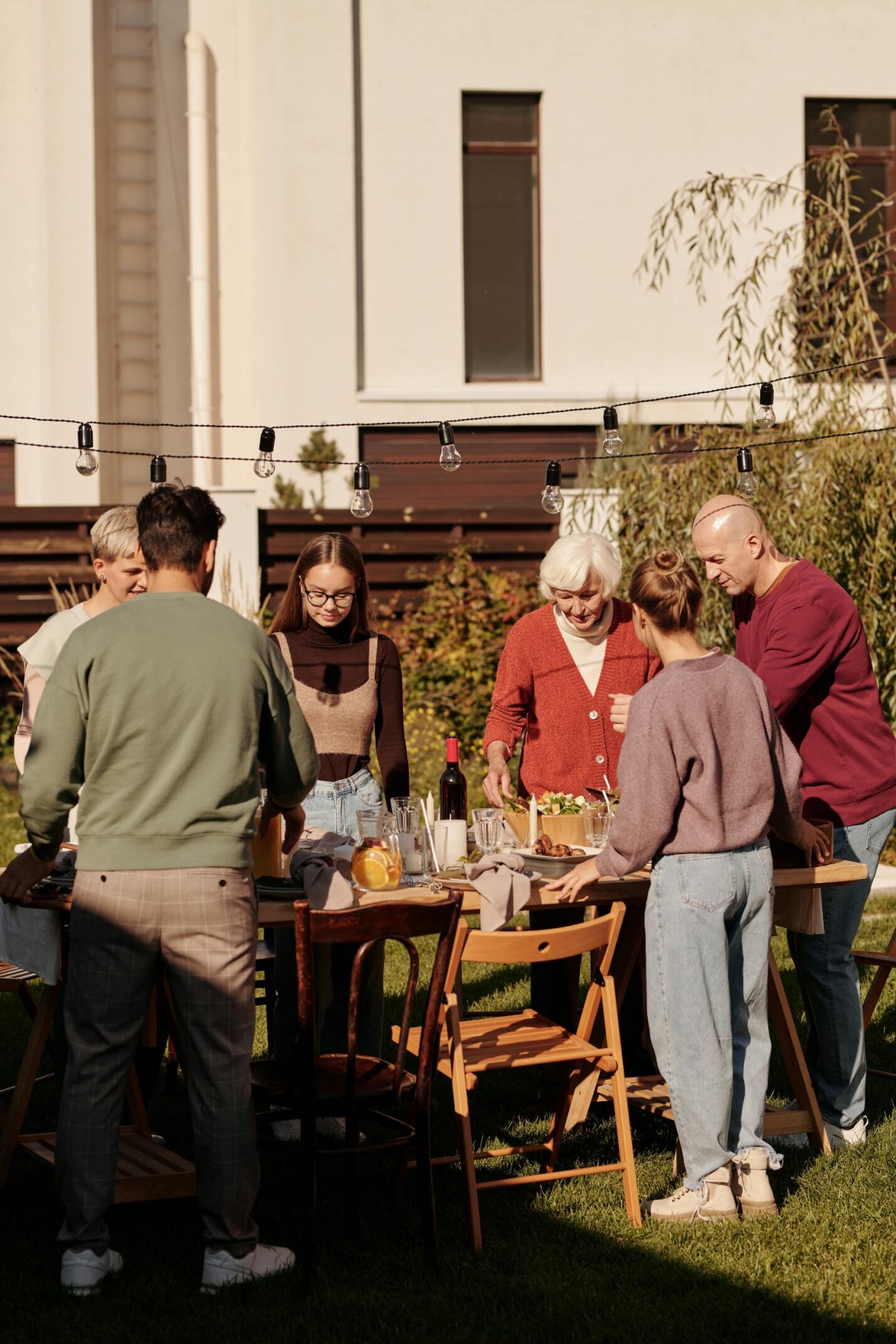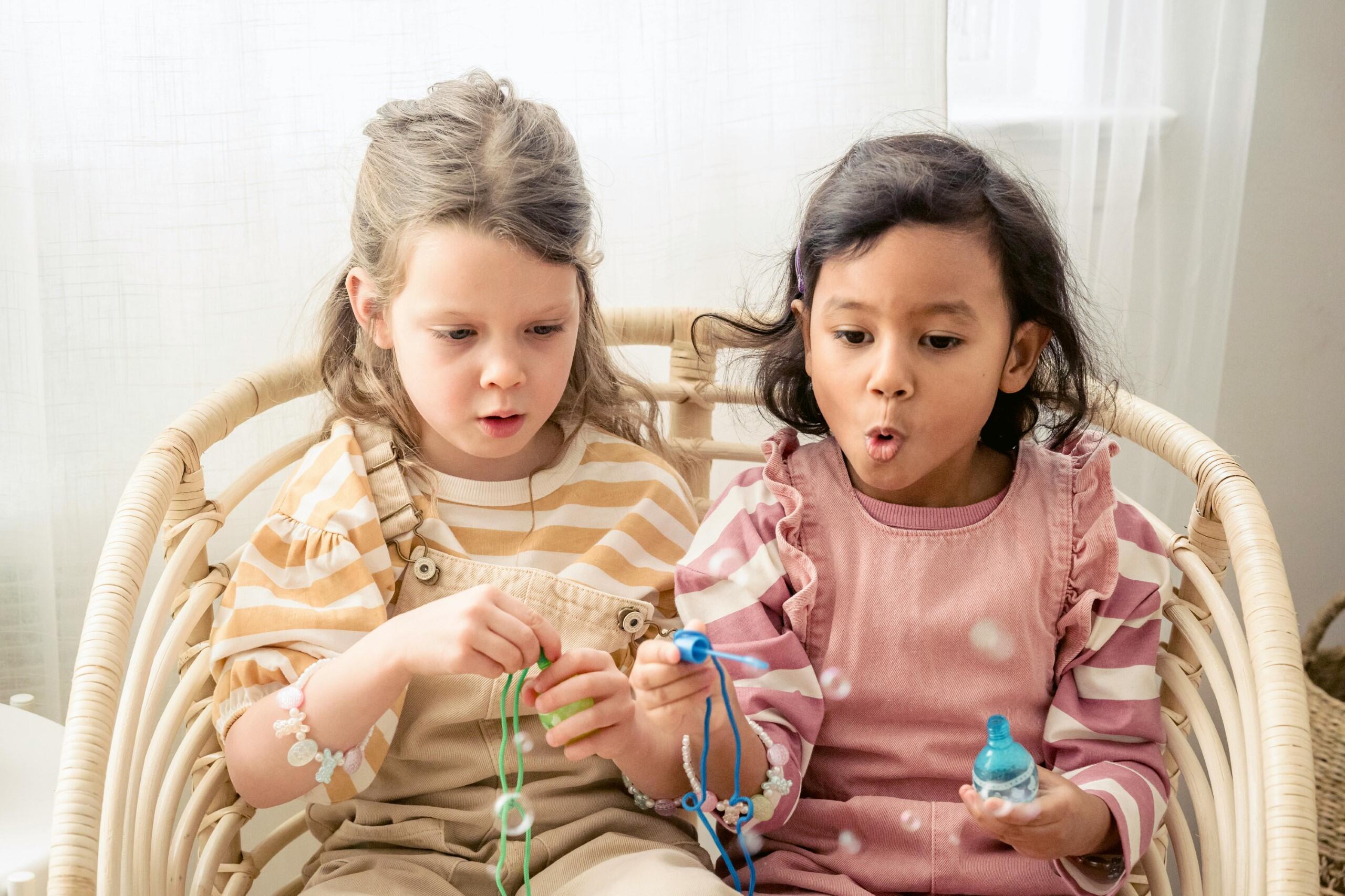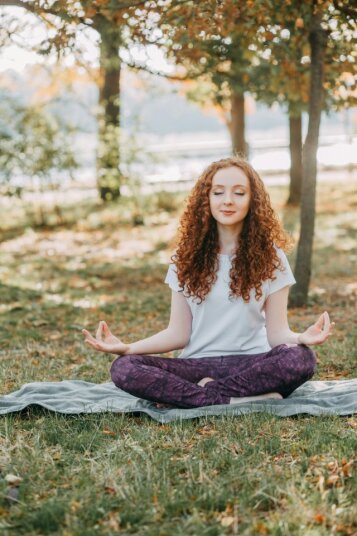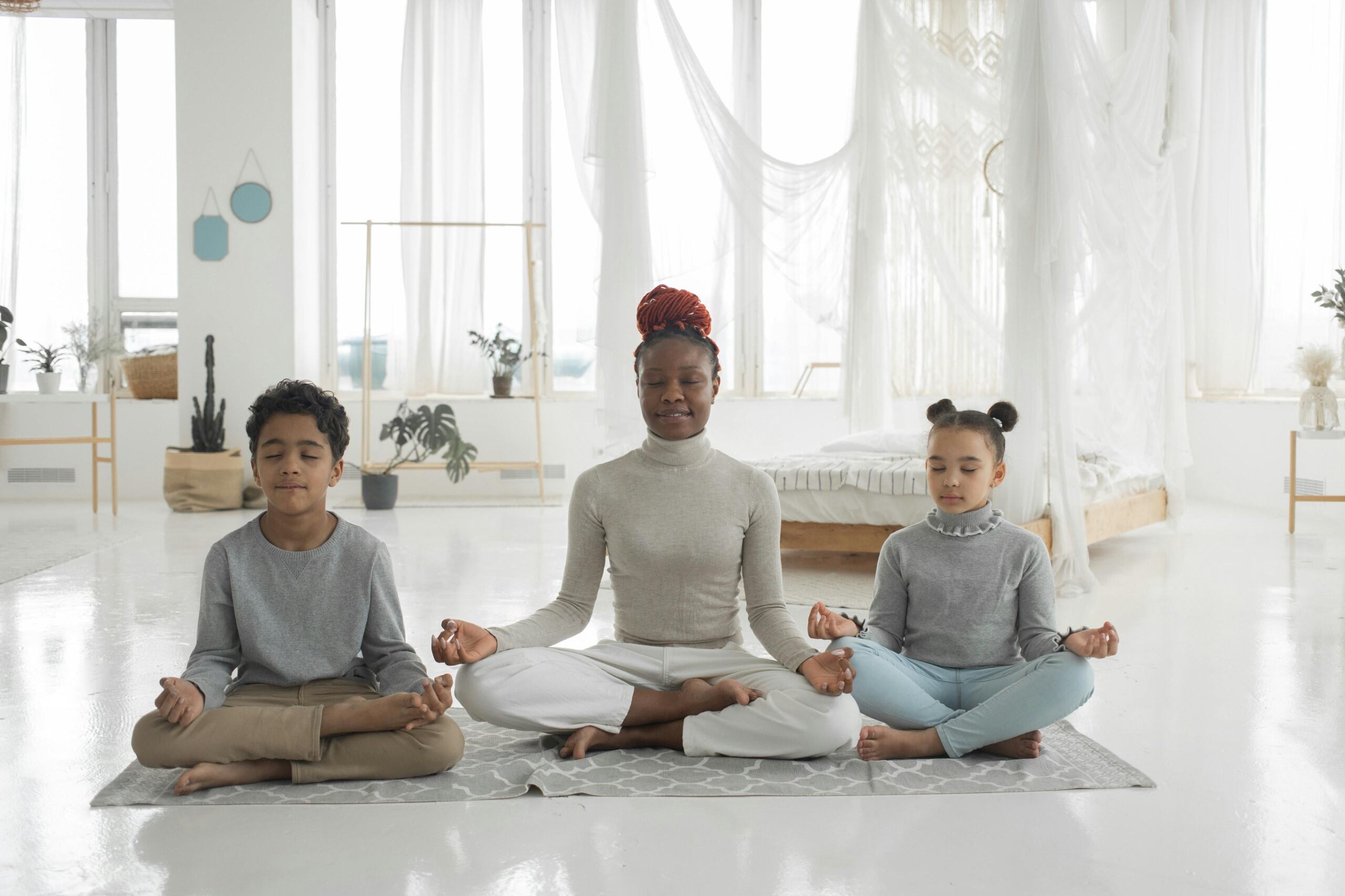Strategies for Making Wellness Habits Stick
Understanding how habits form can make building positive wellness routines easier and more sustainable. It often takes time and specific strategies.
Link to Existing Routines (Habit Stacking): Attach a new desired habit immediately before or after a habit you already do automatically (e.g., meditate for 5 minutes right after your morning coffee).
Make it Obvious & Easy: Reduce friction. Set out workout clothes the night before. Keep a water bottle visible. Prepare healthy snacks in advance. Make the desired action the path of least resistance.
Focus on Repetition: Consistency is more crucial than perfection, especially early on. Repeating the action in the same context helps automate the behavior. Aim for frequency over duration initially. Research suggests it takes an average of over two months for habits to become automatic, so be patient.
Reward Yourself: Associate the new habit with a positive feeling or immediate reward (even a small one, like acknowledging your effort) to reinforce the behavior loop (Cue -> Routine -> Reward). Find intrinsic enjoyment where possible.








